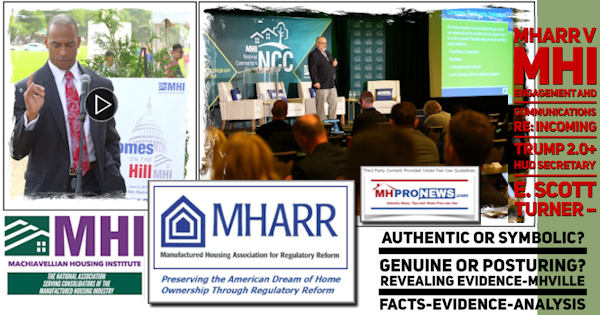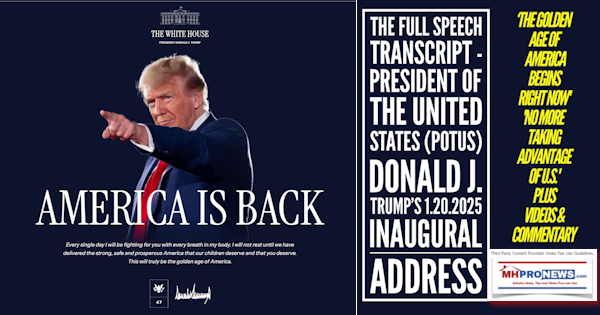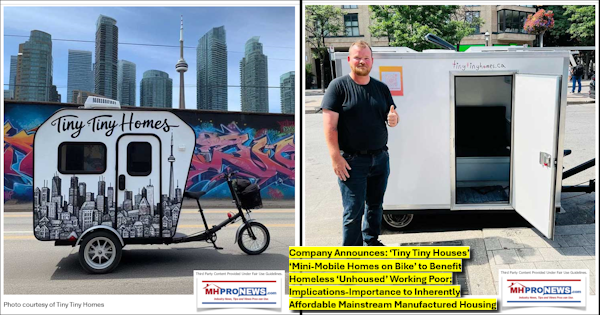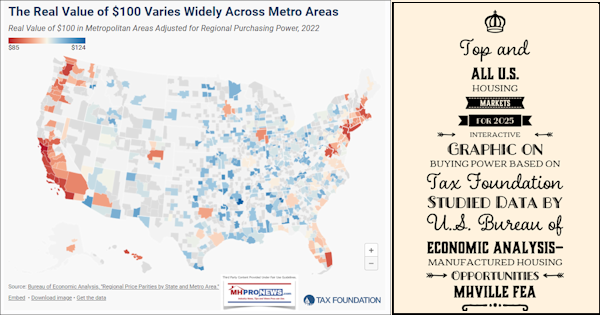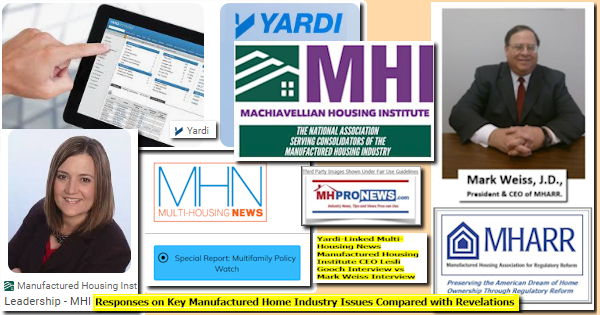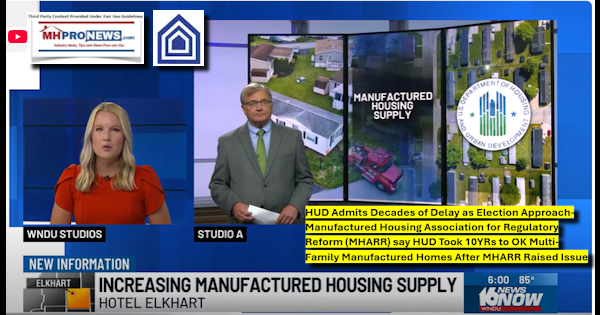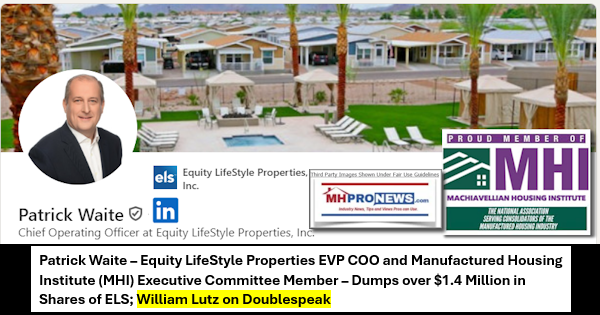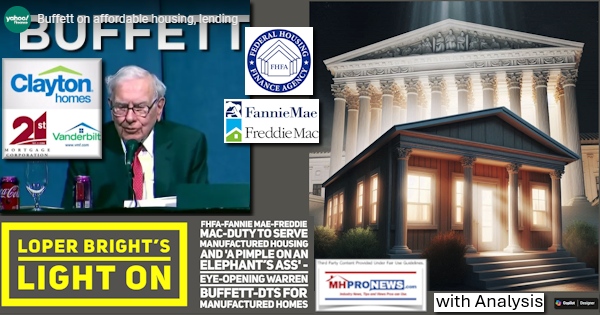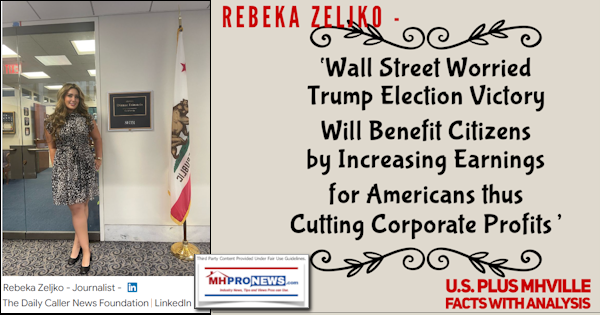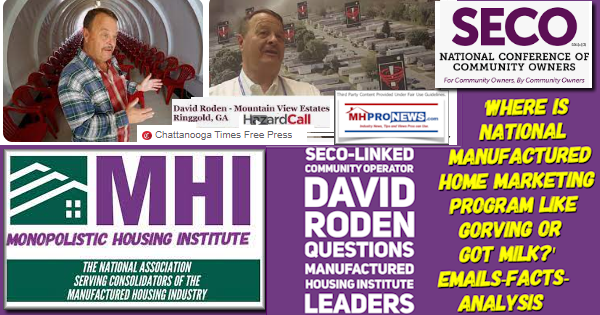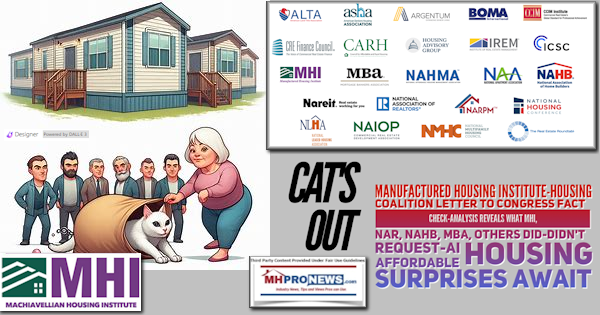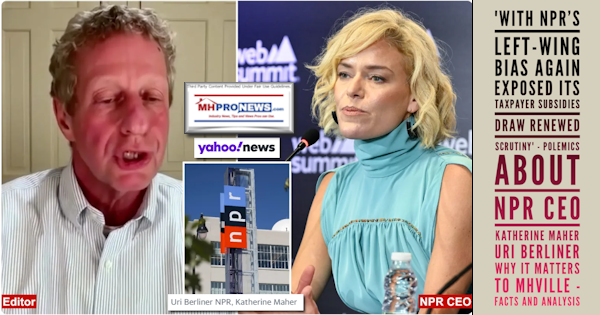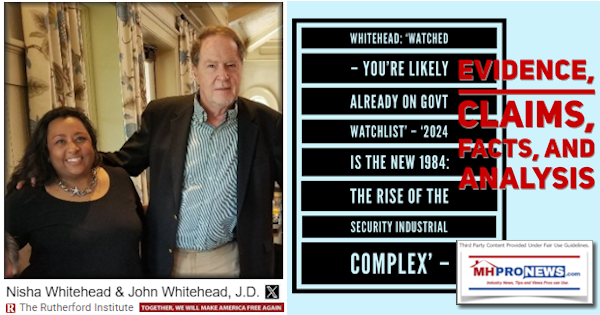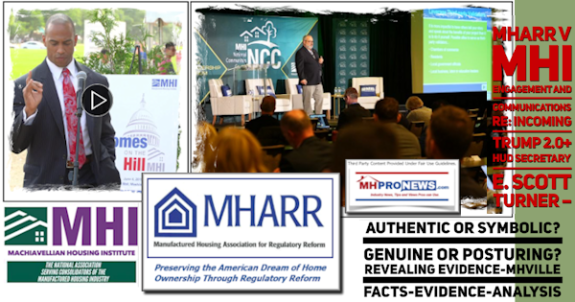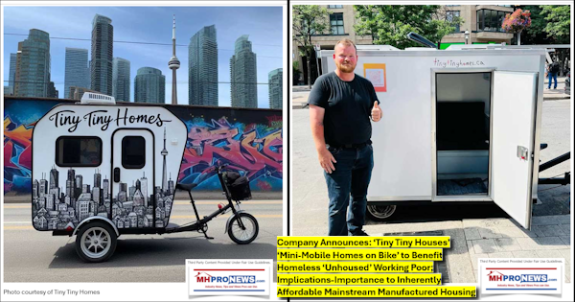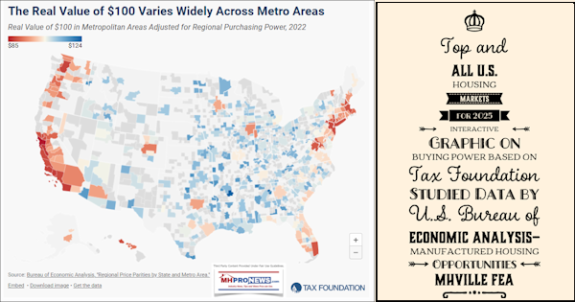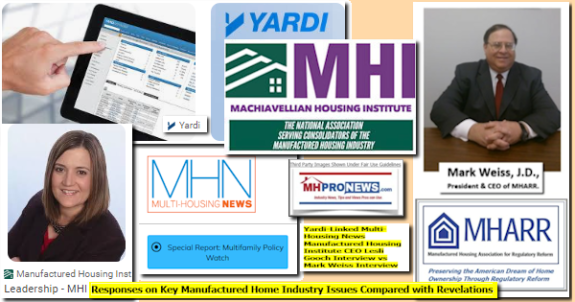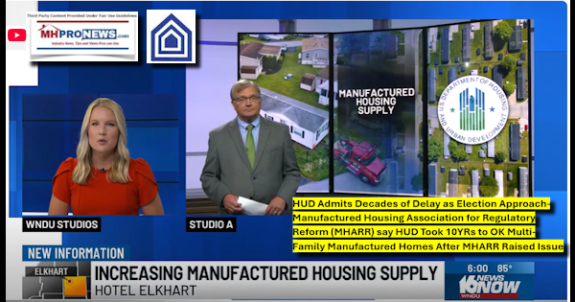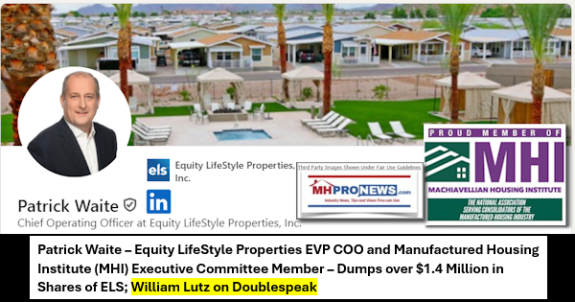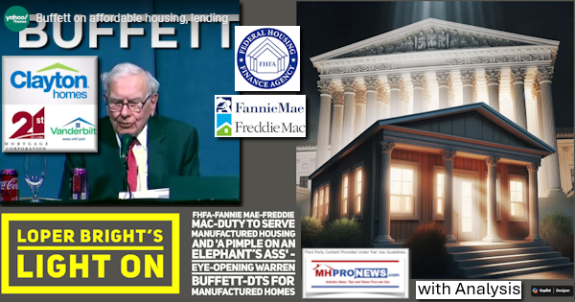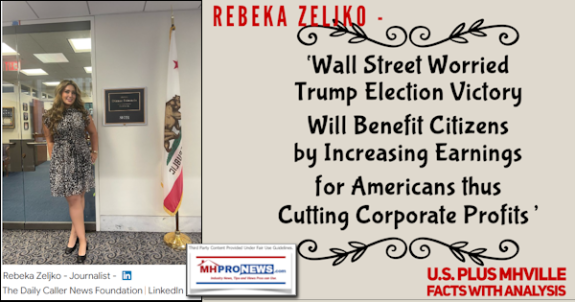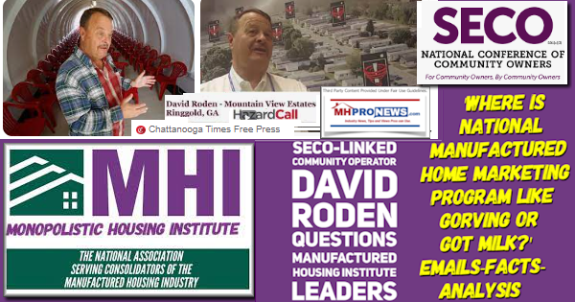I was reading something George Allen penned recently, and it referred to a saying we all know well:
If you are not part of the solution, you are part of the problem.
Then, I read an item that Don Westphal sent me. It was an article by Lawrence W. Reed, entitled Ideas and Consequences: Businessmen and the War of Ideas. It talked about how challenging the business climate can be. Don’s point was that it is certainly very true for our Industry. Reed’s article had this powerful thought:
“Many business executives may be quick to say, ‘But I am involved in such things. I give money to candidates, and so do the political action committees to which my company contributes.’ That may be important, but it’s also akin to locking the proverbial door after the horse has already left the barn. Politicians usually reflect opinion and seldom generate it; what they can accomplish in office is defined and circumscribed by prevailing majority opinion. If you really want to make a difference and get the maximum bang for your buck, then you should invest in ideas. Change public opinion and the politicians will fall into line accordingly.”
Visit http://www.thefreemanonline.org/columns/ideas-and-consequences-businessmen-and-the-war-of-ideas/ to see the entire article, which is well worth the read.
My point is this. Each of us needs to be part of the solution. Each of us needs to work on the climate in the market place, media and public officials for how our Industry is perceived.
Associations can be an important part of the solution. Associations are in fact a huge part of what should be our day-to-day as an Industry. When we look at issues like the SAFE Act, or Dodd-Frank and others, how does a small to mid-size business afford to deal with those apart from an association based effort? If you are not already an active member of a state or national association, let me suggest you make 2011 your year for being an active trade association member.
We also need to mobilize our customers. In the Internet Age, ‘sell ’em and forget ’em’ is a foolish short-term policy. I suspect that the vast majority of our readers are not that type, so I will then suggest that you email the link of this blog post to the people you know in the business who still have that ‘sell ’em and forget ’em’ mentality. We need to engage our peers, as well as our clients and the market place in general.
As many of you know, I grew up in MH Sales – starting back in 1981 – and eventually had a record-setting retail center before selling it. We do marketing and sales support services for clients retailing in MH Communities and other aspects of the Industry. Besides our own experiences, we get tons of emails and phone calls from folks just like you, as well as from national and state association leaders. The point is that we do have a pretty good feel what happens day to day “on the ground” in the Industry, because we provide services and are engaged with firms like yours. We need to engage our customers not just before and during the sales process, but afterward. In domestic automotive sales, Saturn has done a good job of getting and keeping customer loyalty. We need to put programs to work that do the same, for the reasons Lawrence Reed pointed out in the article referenced above. When you take care of the customer, you are taking care of the future of your business and our Industry.
Next week is the 2011 Louisville Manufactured Housing Show. We will be there – see us at booth #932. Only those who want to grow their business in 2011 should attend. This historic show and first major event of the year promises to be a good one.
I’m told that registrations are now more than double the size of the last two MHI events plus the International Networking roundtable combined; there are over 550 Industry attendees signed up as of a couple of days ago, and still one week to go! Based on those numbers, typically another one to two hundred more attendees will just ‘show up’ at the Kentucky Exhibition Center (KEC) doors at Louisville and register on the spot to see the Show. Dennis Hill and the MMHF Committee have indicated they are pleased and cautiously optimistic, given all the good signs and the generally challenged nature of the business. So we hope to see you there. Here are some key links:
http://www.mhmarketingsalesmanagement.com/dominate-your-local-market
http://www.mhmarketingsalesmanagement.com/2011-louisville-manufactured-housing-show
http://www.mhmarketingsalesmanagement.com/fha-207m-private-financing-loan-guarantee-seminar
A note on this last link: I get calls and emails from people looking for refinancing or new financing solutions for their MHCs, especially for the ‘smaller’ loans of say one million or so. Go to this Eddie Hicks seminar (linked above). You can sign up in advance, or at the door in Louisville. I’m a big believer that the answers are available! We have to be willing to get the answers that we need, and then do what it takes to implement them!
“Disappointment, failure, and frustration are the main agents of change.
Success is a poor teacher, for it usually only confirms us
in what we thought we already knew.”
~ Kenneth Boulding
Some of the greatest leaders in the history of the world realized that they had to start with one person, and then another, and another. We need the discipline and courage to set the right expectations with our customers, deliver what we promise and then ask them to send us their friends and associates. If we have fences to mend, let’s mend them. When we encounter prejudice in the media or elsewhere, let’s engage it.
But if we are wise, we have a huge head start!
If we did a head count of 500,000 or so people who are working in some aspect of our industry, if we looked to 20,000,000 or so people who live in homes our industry has produced, these are the ones we should first reach out to line up our support. Get your teammates or associates reading good material every week; you’ll find a lot of it right here on our website or that of your association. If they are too busy to read, have them download our podcasts. Be informed. Be inspired. Be engaged.
“We must improve our talk/do ratio.”
Stewart Brand
Enough said.
##

